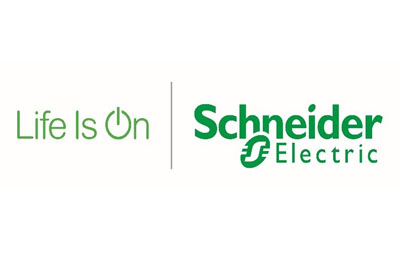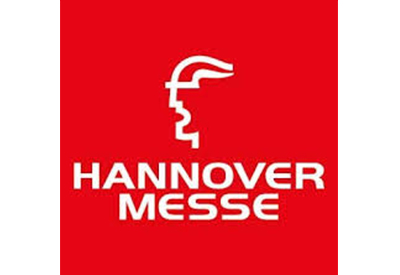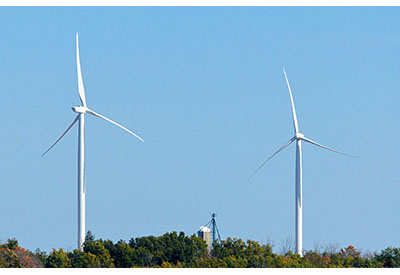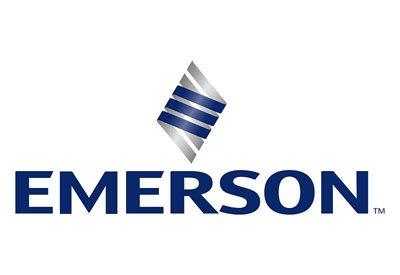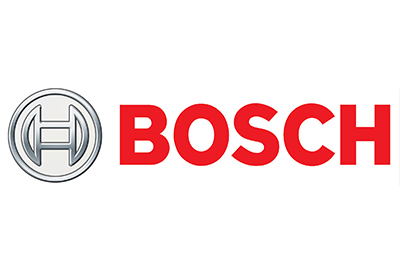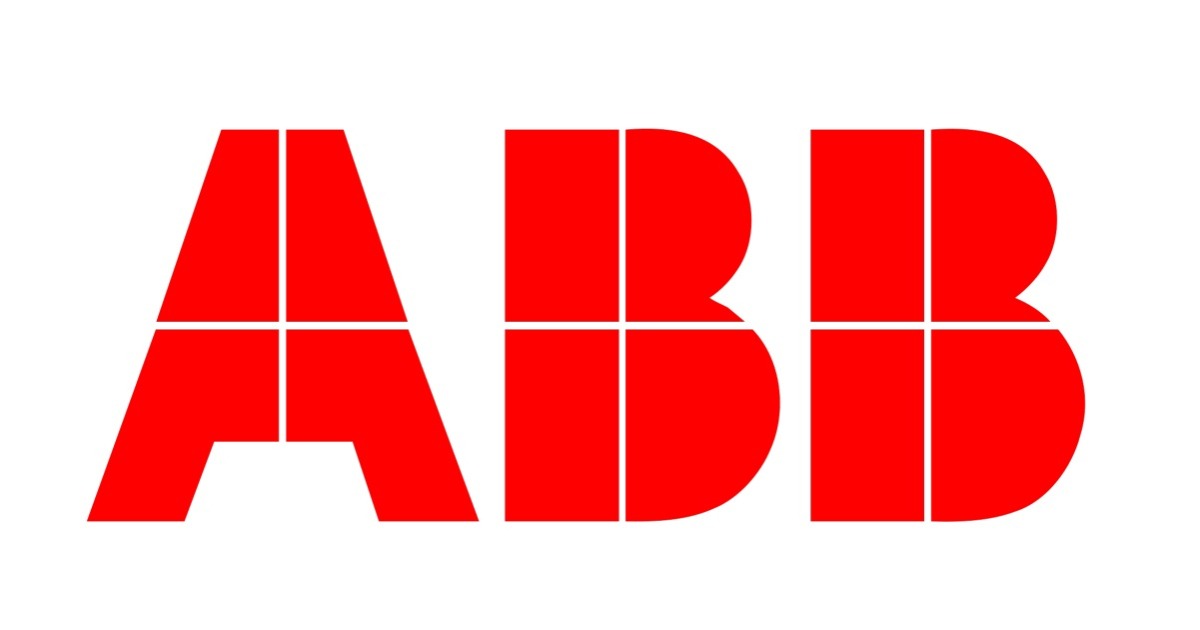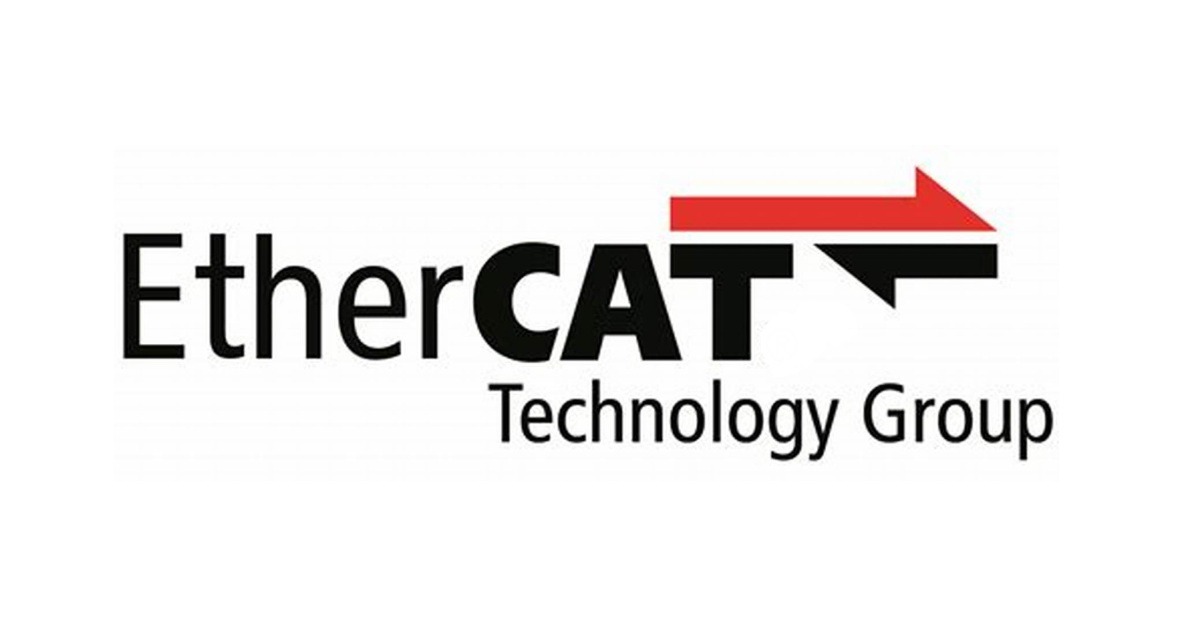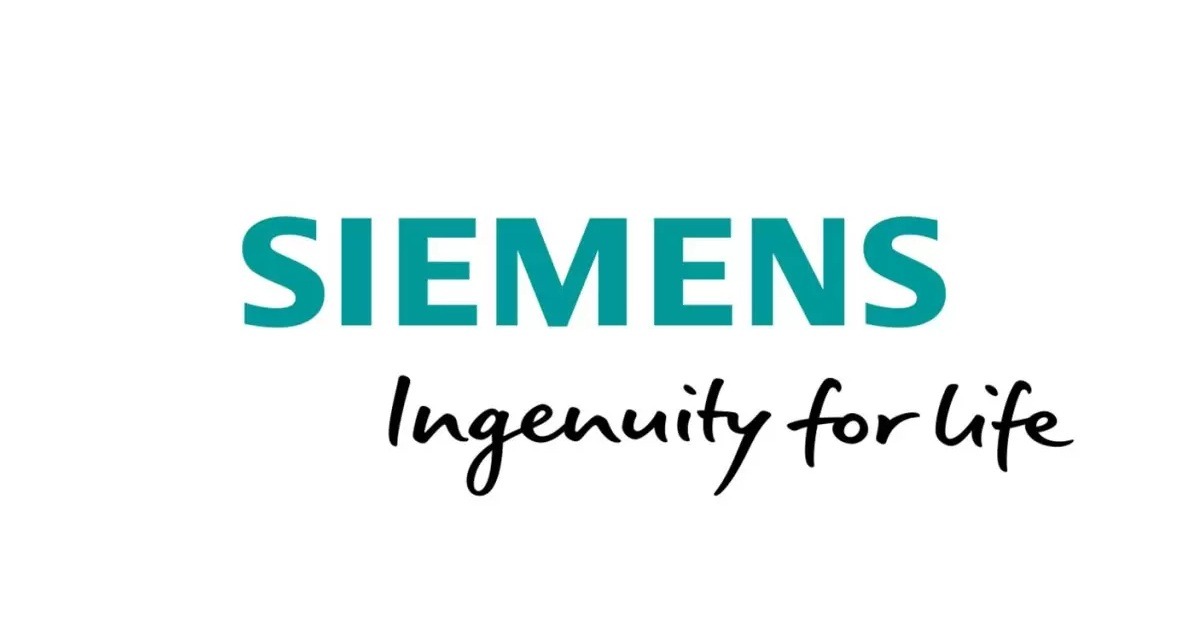Internetization: A New Word for Our Global Economy

December, 11, 2017
The word globalization has lost its relevance and lustre with the emergence of the new global economy of the 21st century. In fact, it’s become an anachronism.
Its deficiency is that it’s not a new concept which creates nuances of confusion.
Globalization describes the international outreach of countries for the purpose of economic, social, political and cultural liaisons. Global linkages between countries through military conquest, colonization, multilateral free trade agreements and cultural exchange existed in an uninterrupted continuum in the evolving history of humankind.
Historically, however, the process of globalization has taken different forms, and its meaning has changed and mutated since it was first used in English in the 1930s.
For lack of a better word, the term received an extension to its lifeline until the end of the 20th century despite the profound structural changes and technological advances that began to take place in the 1980s.
Therefore, globalization has come to be used to represent “modern” 20th century economics and social processes, including the instant exchange of money enabled by internet technologies. Yet because of its varied historical use, it does not truly reflect the electronic and digital empowerment that has been unleashed by the information technology revolution.
Therefore, globalization is not an accurate descriptor of the 21st century and the internet-driven transformational change sweeping the international economic landscape.
And so I have coined the term internetization which I believe should replace the concept of globalization.
Internetization: Time, geography are irrelevant
Internetization is the contemporary face of globalization. It includes the modern tools of electronic globalization and embraces the digital connectivity and empowerment of the internet and the World Wide Web.
Although we could widen the term globalization to include internetization, I believe it is better to replace the word globalization altogether because the long duration of its usage has given birth to evolving definitions and the creation of a plethora of different nuances.
If we embrace this new term, internetization, within our modern economic vocabulary, it will permit a more accurate description of the engine which drives our new 21st-century global economy. By using the term, we will acknowledge the information technology revolution that’s profoundly altered the structural parameters and the modus operandi of most national economies.
The role of information and communications technology in the new economy has been pivotal. This is particularly true of the changing structure of international production.
More specifically, information and communications technologies, or ICTs, have altered the production function, enhanced productivity growth, facilitated innovation, spearheaded the transmission of ideas and extended the reach of economic and social interactions.
The revolution of information and communications has given us tremendous capacity for connectivity. Time and geography are irrelevant. Communications have sped up and reduced the time required for connectivity to nanoseconds. Geographical boundaries have melted and become increasingly more porous and insignificant in terms of social, economic and political outreach.
The new economy is built on a culture of innovation and an emphasis on creativity. Indeed, the signature mark of the new global economy is new ideas, new technologies, new products, new directions and new initiatives.
In this context, firms are integrating the production and marketing of goods and services across national borders. International economic transactions that were formerly conducted between independent entities are now being internalized within a multinational corporation.
Electronic financial transactions are the modern face of banking. The new technological infrastructure has empowered services to be delinked from production and performed remotely.
In this contemporary venue, the market for a growing number of internationally integrated but geographically dispersed business enterprises is global rather than national. Indeed, ICTs have displaced the physical market with the virtual market of the internet for business-to-business and business-to-consumer transactions.
Human capital: Our new No. 1 resource
The 20th century economy was about resources under our feet while the 21st century economy is about the resources between our ears. In this context, human capital has emerged as a country’s most valuable economic asset. Indeed, the linkages between education, economic growth and prosperity are significant.
Internetization has had a profound impact on formal education, lifelong learning and public education.
It’s created a more level playing field for educational opportunities and achievement. Both instructors and students, regardless of their geographical location in Western countries or “Global South” countries, as well as schools in the poorest neighbourhoods and those in affluent neighbourhoods, can theoretically access the same high-quality educational material.
Furthermore, internetization has also enabled professionals, scientists and many other specialists with an effective and convenient manner for maintaining and updating their professional qualifications through electronic accessibility to lifelong learning.
However, the profound impact of internetization is not limited to formal education. It also embraces public education and lifelong learning. Indeed, internetization serves as a catalyst through the digital delivery of public education and electronic resources to create better-informed citizens.
In short, the word globalization has reached the end of its natural life. Indeed, its extended tenure in the economic literature has resulted in a lot of semantic baggage that detracts from an effective dialogue on the contemporary academic landscape.
In addition, globalization fails to adequately describe the digital connectivity that is the hallmark of our civil society and the new global economy. Judging by the frequency of use of the new word internetization among economists and interdisciplinary researchers in recent scholarly publications, it’s also gaining currency in academic circles.
Constantine Passaris is a professor of economics at the University of New Brunswick. This article originally appeared in the The Conversation, an independent and nonprofit source of news, analysis and commentary from academic experts.

